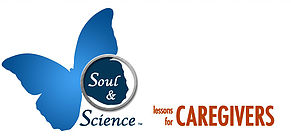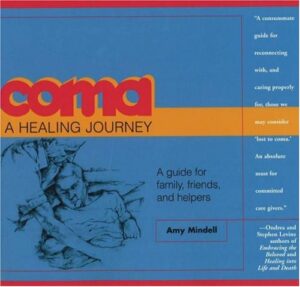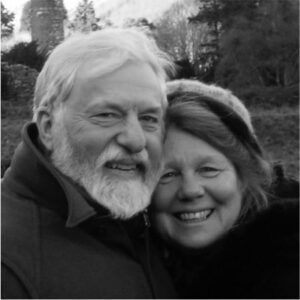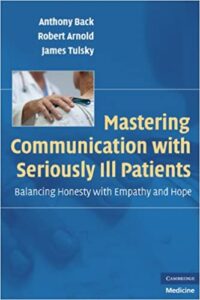BOOKS

Coma: A Healing Journey
by Amy Mindell
Introduced in this groundbreaking work are new ethics, and new skills and metaskills in working with and supporting people in comas. Step-by-step exercises teach how to get in contact with comatose people in a non-intrusive way, and how to establish a way of yes-no communication. An in-depth training in coma work for health care professionals is provided, and methods and support for family members wishing to be close to and communicate with their loved ones thought lost to coma is discussed.
Coma Communication (Stan Tomandl)
Coma Communication Resources
by Stan Tomandl & Arnold & Amy Mindell
For more than twenty five years, Stan Tomandl, MA, PWD and Ann Jacob, B Ed, B S. have facilitated and trained individuals, family caregivers and organizations in deepening communication skills with persons in various altered states of consciousness. With their mentors, Drs. Arnold and Amy Mindell of the Process Work Institute, Stan and Ann have created an international organization called Coma Communication in Victoria, BC. Their mission statement contains the core principles of this series:
“We view all human beings, including those in remote states from memory loss, brain injury, Asbergers, delirium and coma with the potential for immense growth and learning. As long as there is breath, there is consciousness.”



